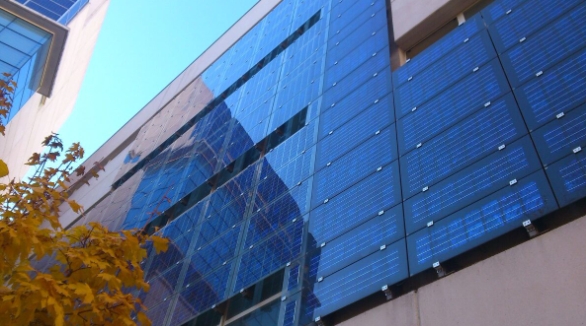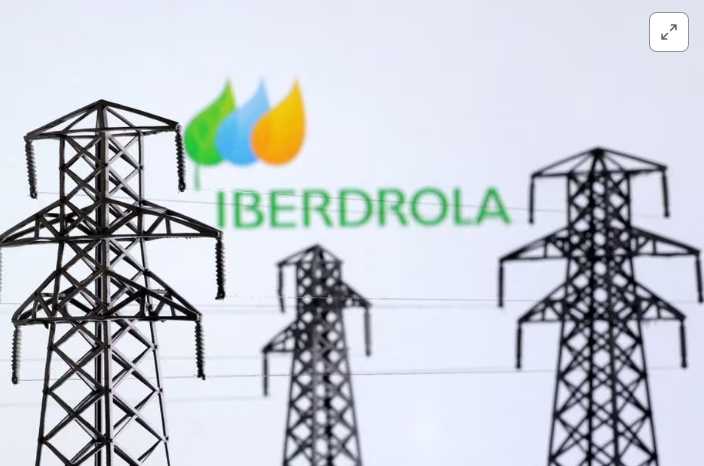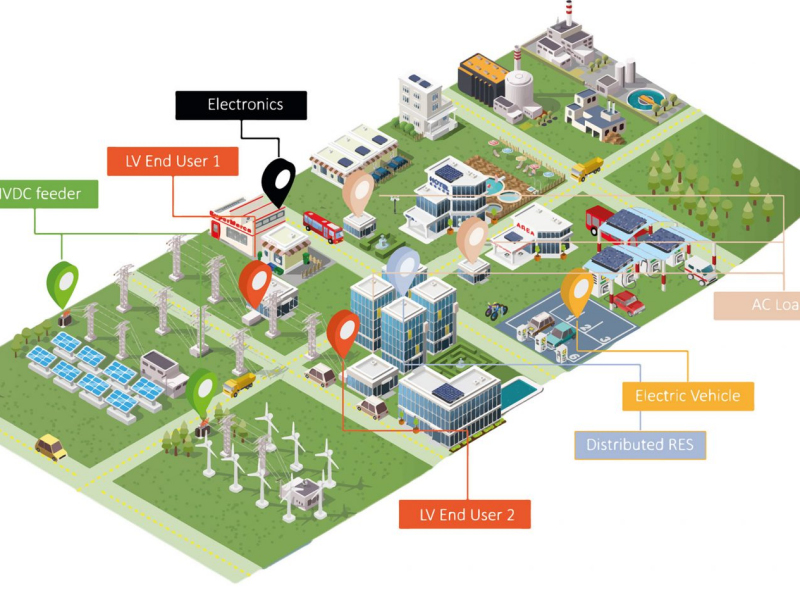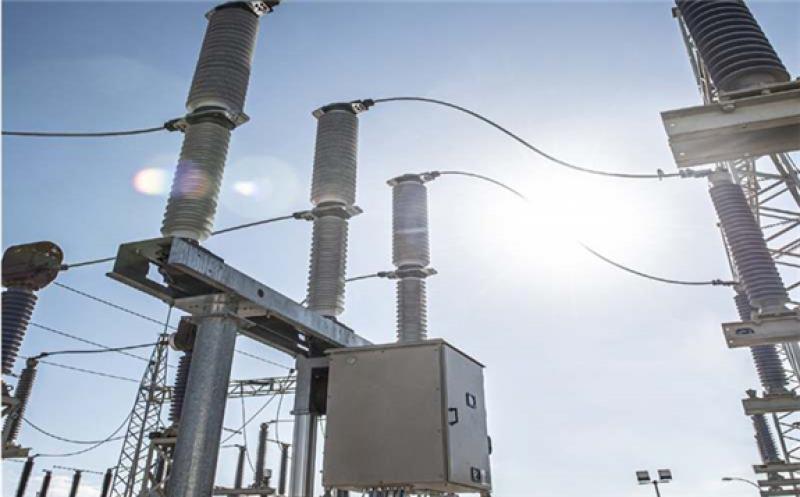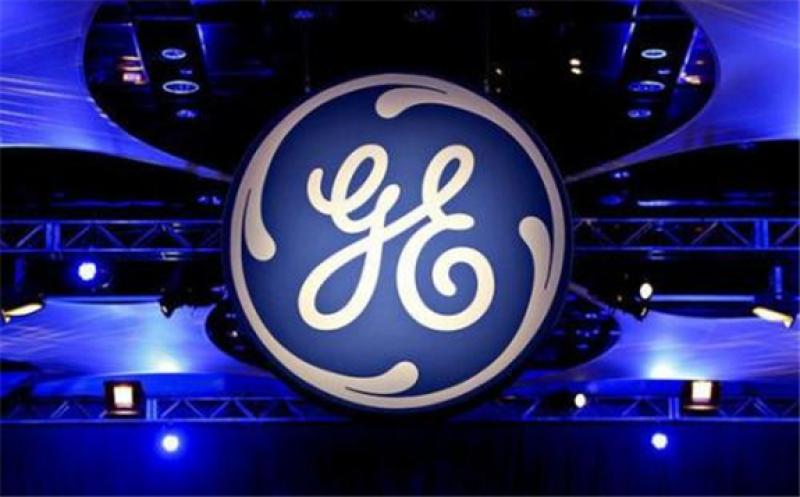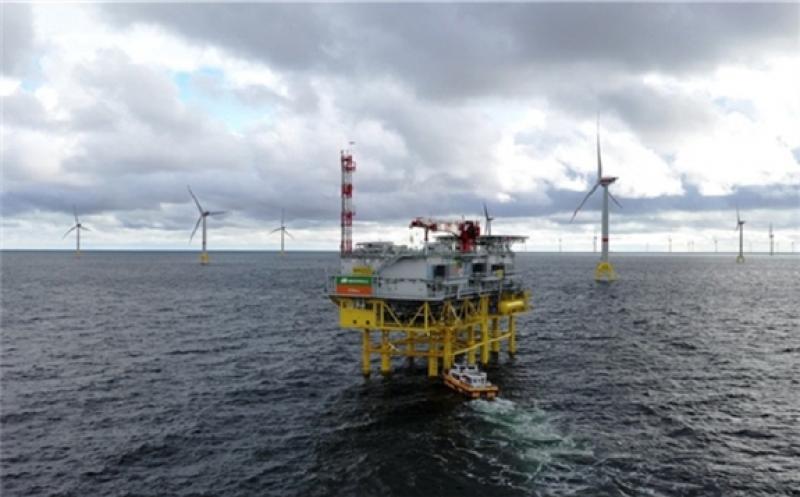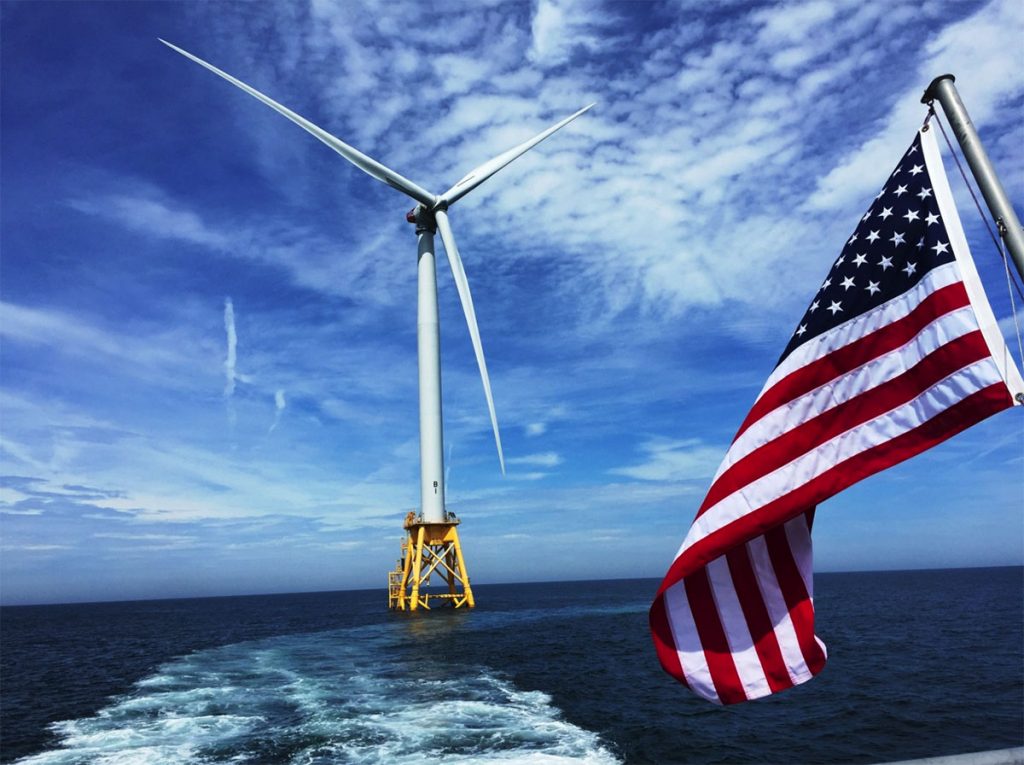 The first initiative is a USD 900,000 partnership with CUNY College of Staten Island to develop the next generation of offshore wind workforce. The partners’ goal is to scale programmes related to renewable energy and technology innovation and facilitate the incorporation of offshore wind education into existing programmes at the CUNY College of Staten Island.
The first initiative is a USD 900,000 partnership with CUNY College of Staten Island to develop the next generation of offshore wind workforce. The partners’ goal is to scale programmes related to renewable energy and technology innovation and facilitate the incorporation of offshore wind education into existing programmes at the CUNY College of Staten Island.Second, the partnership announcement spotlights the launch of the Leading Light Wind Offshore Wind Scholars Program, which will sponsor college students from the area to attend renewable energy conferences and serve as the project’s programme for engaging youth.
“This partnership represents an important opportunity for our students to benefit from hands-on experience, gain exposure at industry events, and hear directly from industry veterans”, said Timothy G. Lynch, Interim President, College of Staten Island.
The Leading Light Wind Offshore Wind Scholars Program will kick off by sponsoring students from CUNY College of Staten Island to attend the International Offshore Wind Partnering Forum (IPF) that begins on 28 March.
“We have to start investing in STEM education and workforce training today to ensure that New Yorkers are ready for the coming offshore wind boom. That is why our partnership with the CUNY College of Staten Island is critical to train, educate, and equip capable New Yorkers with the skills necessary to enter the green jobs economy upon graduation”, said Wes Jacobs, Project Director, Leading Light Wind.
The partnership with CUNY College of Staten Island is part of Leading Light Wind’s USD 300 million community benefits programme.
Third, via its recently submitted bid in New York State’s third offshore wind solicitation, Leading Light Wind outlined a plan to use Arthur Kill terminal (AKT) – a proposed offshore facility – for its port and marshalling activities.
Leading Light Wind included AKT across its Supply Chain Investment Plan proposals (SCIPs) and aims to revitalise the working waterfront and provide local job opportunities in Staten Island if selected by the New York State Energy Research and Development Authority (NYSERDA), the company said.
Leading Light Wind, a joint venture between Invenergy and energyRE, proposed delivering a 2.1 GW project in response to the solicitation.
According to the partners, the proposed project would support tens of thousands of jobs over its operational life and represent up to USD 13.3 billion in economic benefits for New York, including critical offshore wind infrastructure and supply chain investments.
